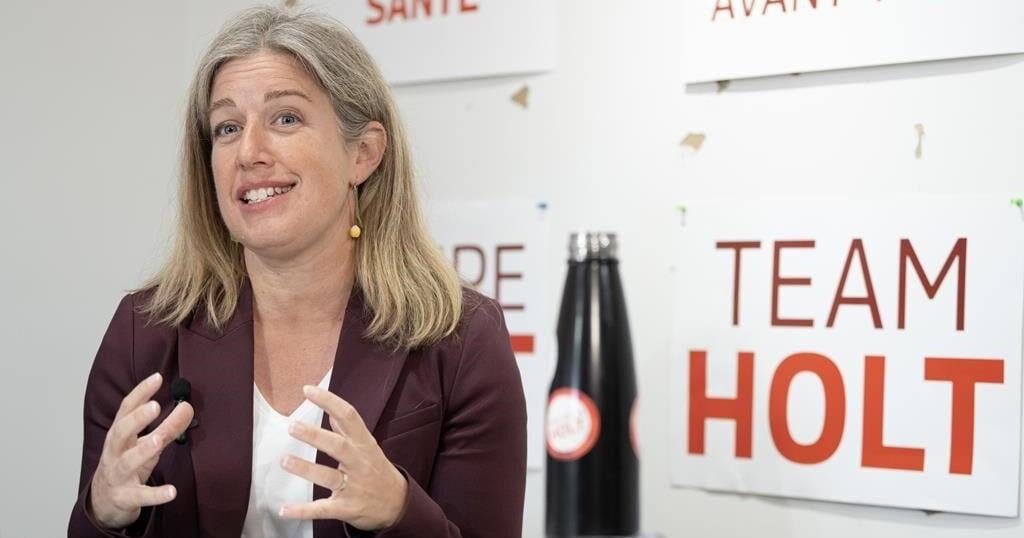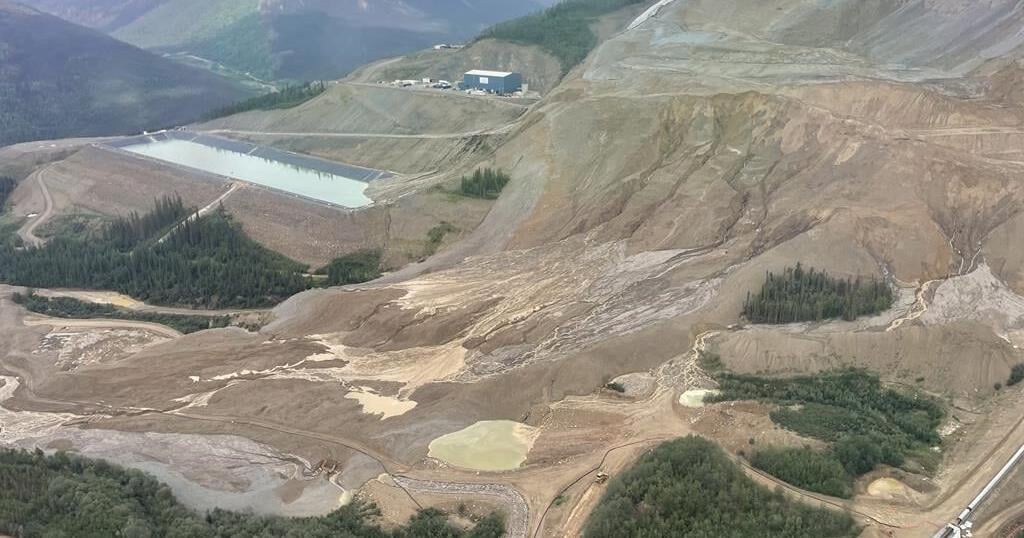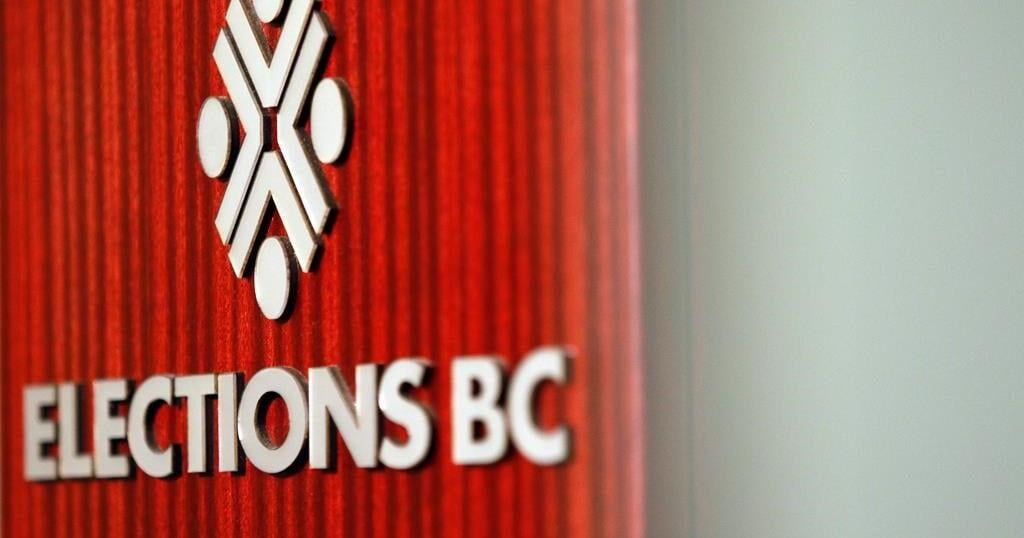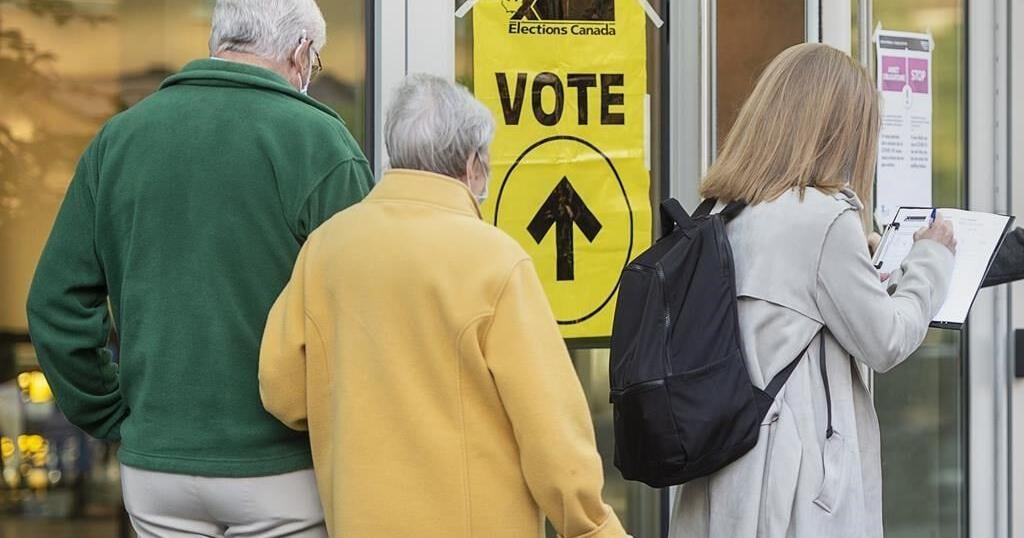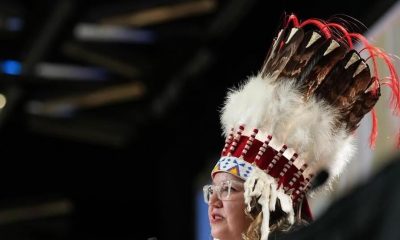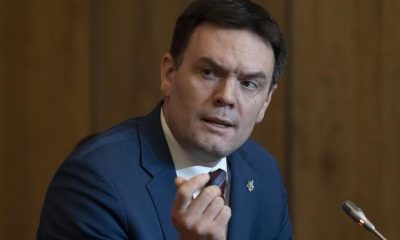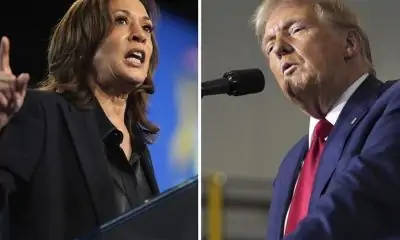MONCTON, N.B. – New Brunswick is “ceded” land, the province’s Progressive Conservative leader said Friday on the campaign trail, highlighting his party’s position regarding a major lawsuit involving First Nations.
In a speech in Moncton, N.B., Blaine Higgs said the fundamental premise of the lawsuit “is whether the land (title) is ceded or unceded, and certainly we have evidence to say it was ceded many, many years ago.”
Higgs restated the party’s position while accusing the Liberals of failing to give an accurate costing of potential legal settlements with First Nations.
Indigenous groups in the province, however, don’t see it that way. They say First Nations never relinquished or legally signed away their lands to the Crown. A land claim filed in December 2021 by the six chiefs in the Wolastoqey Nation says private and public corporations have long exploited resources on Wolastoqey lands. The chiefs want land returned, compensation for the use of that land for the last 200 years and a title to a significant part of the province.
Higgs has said the title claim has far-reaching implications. One of his party’s 11 campaign promises is to “defend landowners.”
“The provincial government is being sued to assert Aboriginal title over the entire province,” the platform reads. A re-elected Progressive Conservative government, it says, “is committed to reconciliation and working with First Nations, but treaties have already settled this matter. We will defend landowners in court.”
On Thursday, Wolastoqey chiefs issued a news release saying the Tories’ election platform “villainizes” First Nations and is filled with “falsehoods about our title claim and fearmongering about our intentions.”
“As we have said dozens of times, we are not seeking to displace individual New Brunswickers from their lands, residences of farms.”
As well, the chiefs say, “the Supreme Court of Canada has twice held that the Peace and Friendship Treaties do not cede and surrender land.”
The Wolastoqey Nation didn’t immediately respond to a request for comment on Higgs’s statements on Friday.
A Liberal Party spokeswoman said leader Susan Holt had no comment on Higgs’s speech either. The party’s platform says it would “commit to rebuilding relationships with First Nations based on a nation-to-nation relationship that establishes trust and a shared understanding of treaty obligations.”
The Liberals have also said if they form government they would “renegotiate tax agreements to ensure all parties have a fair deal.”
With just days left before the Oct. 21 vote, Holt was in Moncton focusing her message on her pledge to spend about $625.5 million more on health over the next four years. That money includes $115.2 million to create 30 community clinics that would bring together doctors, nurses and other health professionals under one roof.
Also among her health promises is $74 million on payments to nurses to encourage them to stay in the province in the 2024-25 fiscal year, and $37 million more over the following 12 months.
But the Greens critiqued the Liberal plan, saying they would spend $480 million to create at least 70 community care clinics over four years.
Higgs told reporters the public should be skeptical about the Liberals’ long list of election promises, saying they aren’t based on realistic cost estimates.
This report by The Canadian Press was first published Oct. 18, 2024.
— Story by Michael Tutton in Halifax.

